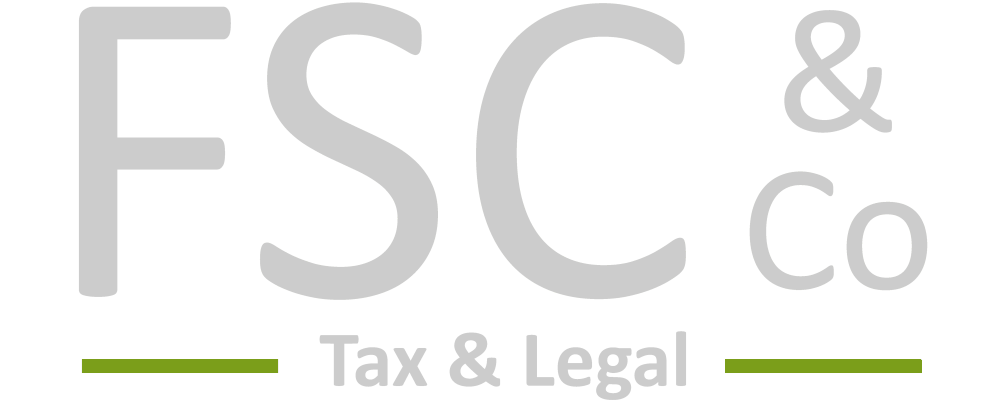Your company’s compliance standards, policies and procedures must clearly address all the key areas of concern for regulatory compliance. The following are some of the most common compliance areas that need to be addressed in general terms.
Reviewing existing compliance programs.
Adapting international models to the demands of national legislation and vice versa.
Defining the responsibilities and composition of the Internal Supervisory Body (Compliance Officer) of companies.
Assisting the compliance officer in the obligation to continually monitor the compliance program with constant updating and adaptation to the company’s circumstances.
Developing in-house training programs for companies.
Providing corporate defence or legal assistance with any court proceedings that may be initiated.
Providing comprehensive, highly specialized advice, which allows our clients to face new legal challenges in matters of compliance, in the following areas:
- Criminal Compliance. Assistance with the drafting, implementation and approval of Comprehensive Crime Prevention Systems
- Ethical and Social Compliance
- Corporate Governance Compliance
- Legal Compliance (prevention of labour risks, money laundering, anti-trust…)
- Financial Compliance











